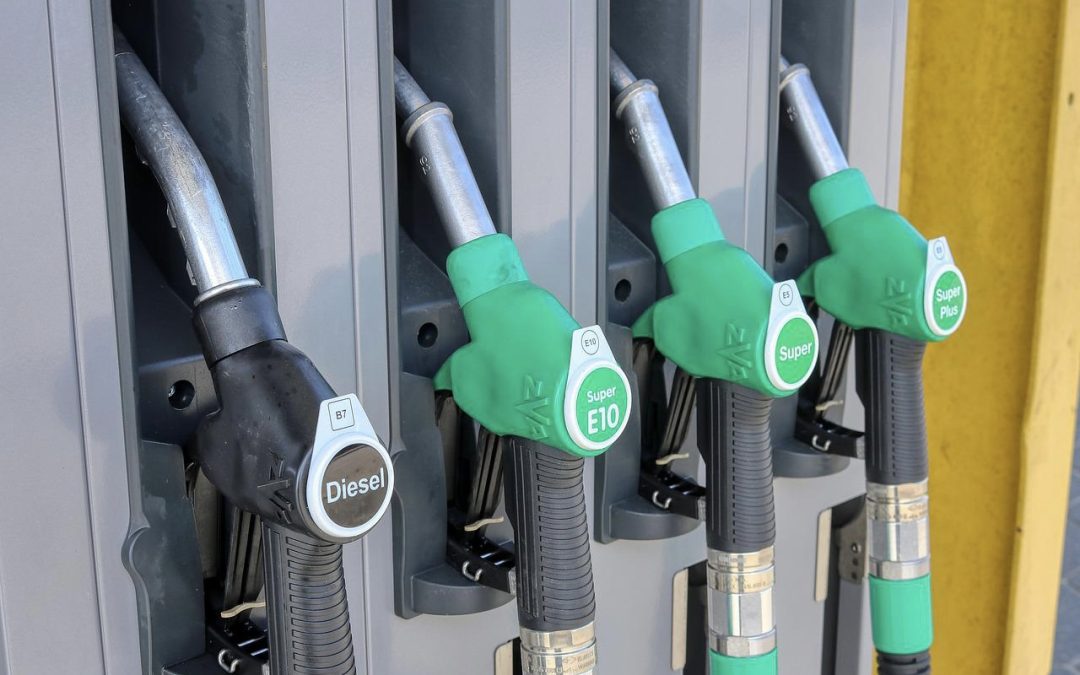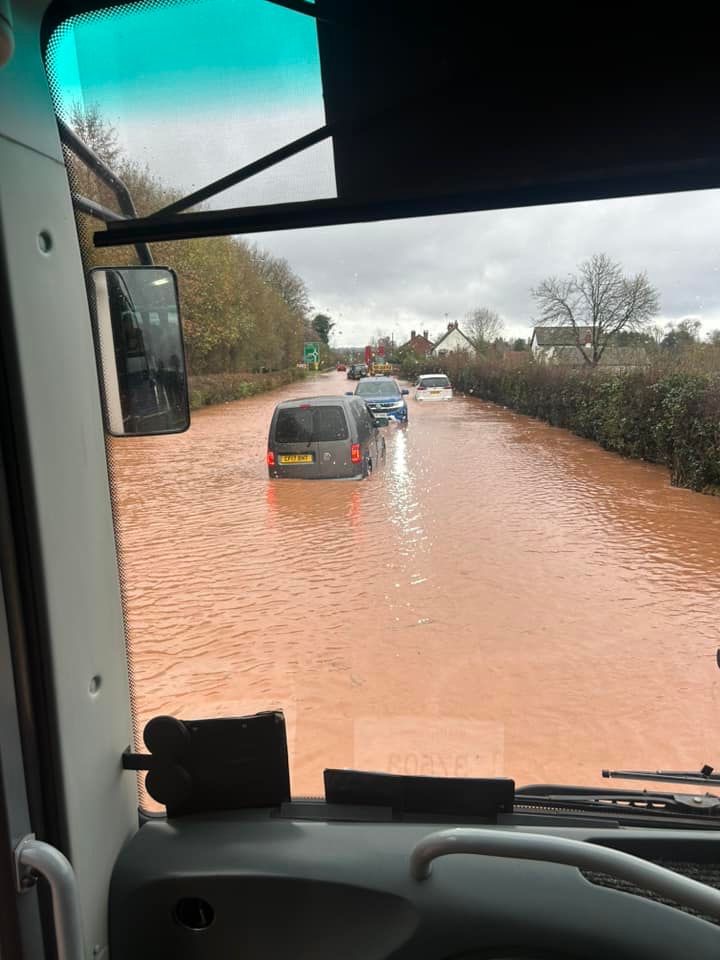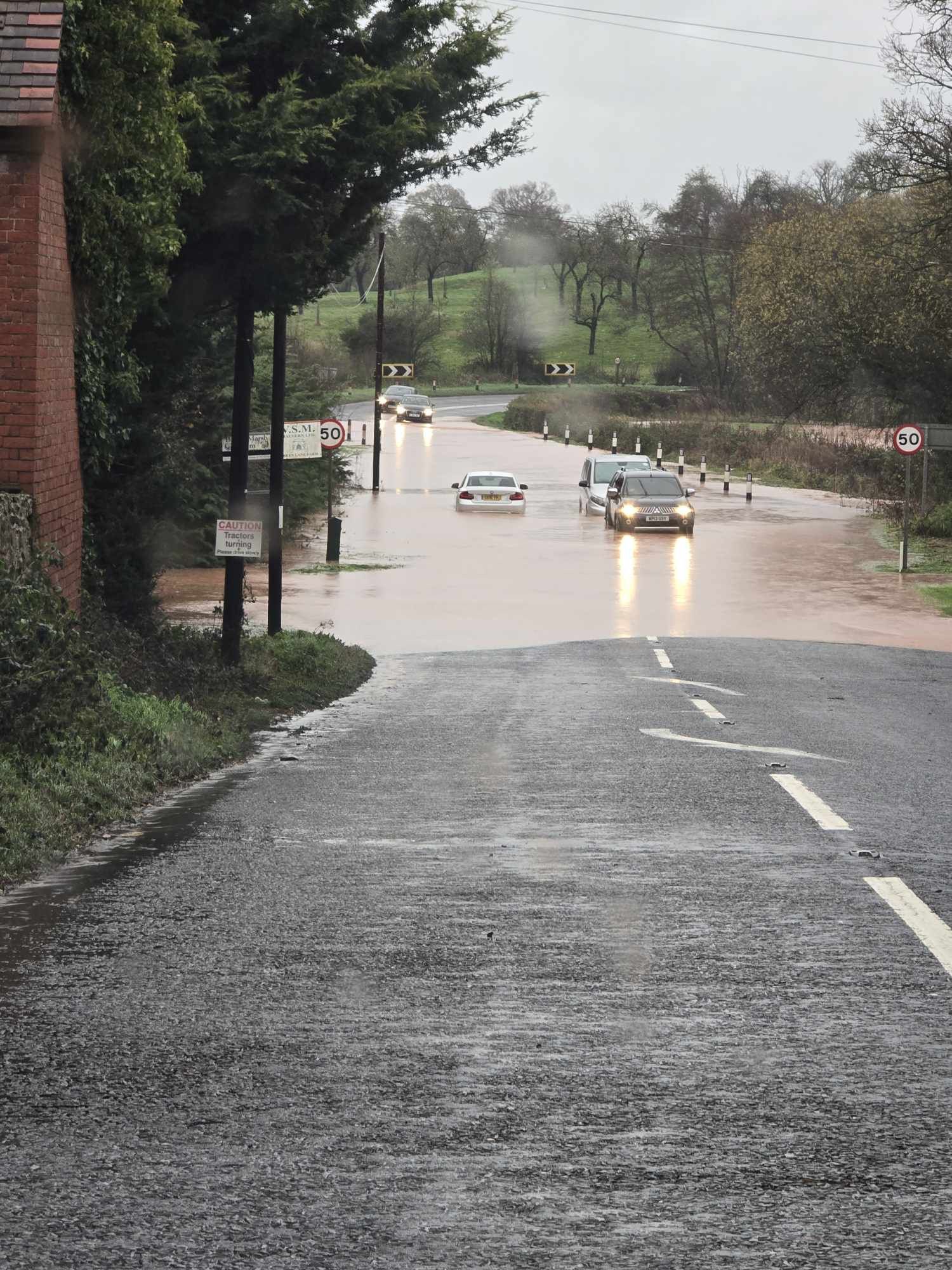RAC Fuel Watch data shows the gap between the average price of petrol and diesel has surpassed 20p a litre for the first time ever. As of Wednesday drivers were paying an average of 163.13p for unleaded while diesel had climbed to nearly 184p (183.94p) – a difference of 20.35p a litre.
Following the announcement from oil producer group OPEC+ a week ago that it was cutting production by two million barrels a day, the wholesale price of refined fuel has increased as a result of oil trading above $90 having been below that mark at the end of last month.
RAC fuel spokesperson Simon Williams said:
“Since OPEC and its allies agreed to reduce oil supply substantially we’ve seen the price of wholesale diesel go up by 9p a litre and petrol by 4p a litre. This has led to the average price of diesel going up by almost 4p a litre and petrol by nearly a penny.
“Sadly for diesel drivers, the situation seems certain to get worse with prices heading back to 190p a litre which will add £3 to the cost of a tank (£104.5).”
Following the Government’s initial response to the Competition and Markets Authority (CMA) on its road fuelreview, RAC fuel spokesperson Simon Williams said:
“It’s encouraging the Government is talking about an ‘open data scheme’, particularly if it makes it easy for drivers to compare local fuel prices so they can always find the best places to fill up. Hopefully, this would also lead to more custom for the lowest priced retailers and incentivise others to price more competitively. There is, of course, the danger that retailers will just ‘price match’ one another at levels that still don’t fairly reflect wholesale prices.
“Having provided evidence to the CMA for its more detailed market study we hope it will be able to shed some light on why the biggest fuel retailers have significantly upped their margins during an extended period of lower wholesale costs instead of passing on lower prices to drivers at their pumps in the cost-of-living crisis. This has led to an unusual situation where many smaller forecourts have been charging far less than their bigger rivals. As supermarkets normally price their fuel 4p lower than the UK average drivers who continue to fill up at their forecourts without shopping around may have lost out significantly.
“As well as knowing where they can buy the cheapest fuel drivers need some indication of whether retailers are charging a fair price in the first place.”



